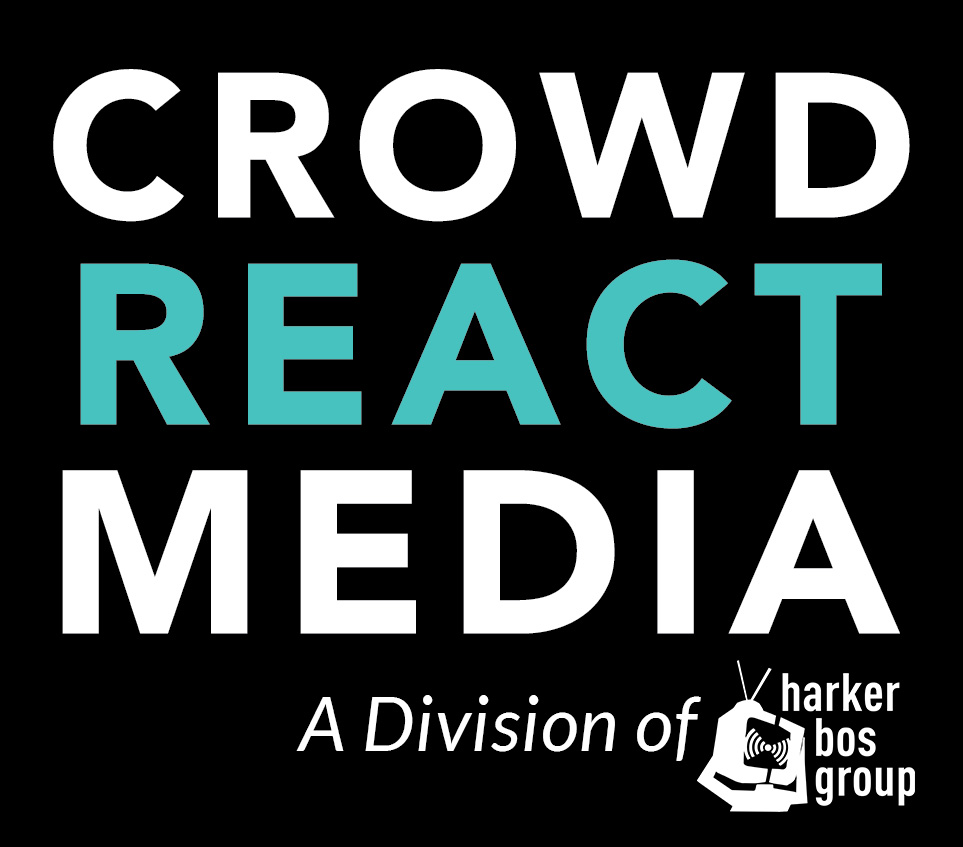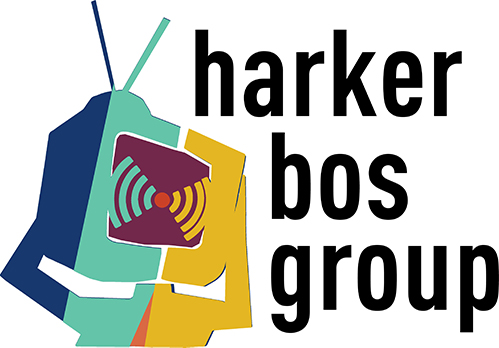Weekly Roundup – Week of October 10, 2022
Sports Media & Sports Betting News
Disney's ESPN And DraftKings Near Deal As Views On Sports Gambling Change
"Walt Disney Co.’s ESPN is nearing a large new partnership with sports-betting firm DraftKings Inc., according to people familiar with the matter.
The agreement would pave the way for the media giant to capitalize on the growing wave of legalized sports betting, according to the people, who asked not to be identified because the talks are private. The structure and details of the partnership couldn’t be immediately learned.
DraftKings shares rose as much as 8.8% on Friday, defying a broader market slump. The stock has fallen about 39% so far this year, valuing the company around $7.5 billion. Disney slipped 2.1% as of 9:49 a.m. New York time.
A tie-up between the two companies “makes strategic sense,” said Bloomberg Intelligence analysts Brian Egger and Geetha Ranganathan. “Licensing EPSN’s brand to a sports book and integrating bet odds in broadcasts could help both companies widen their audiences.”
ESPN declined to comment. A spokesperson for DraftKings said it doesn’t discuss conversations it has with other companies, while noting it has “a great, long standing relationship with ESPN.”
Media companies are looking for ways to cash in as more states legalize sports betting. Many TV networks have seen a flood of ad dollars from sportsbooks that are competing to sign up bettors.
...
As a company known for wholesome family characters like Mickey Mouse and Snow White, Disney has long shunned gambling. The Burbank, California-based company refused to put casinos on its cruise ships or license its characters to slot machine manufacturers. But with the explosion of sports betting across the US that attitude has begun to change."
Politicians Are Getting Hooked On Mobile Sports Betting
"All across America, politicians are racing to legalize mobile sports betting. Since the Supreme Court struck down a law preventing sports wagering beyond Nevada four years ago, more than half of all states have permitted betting on sports, with 21 making it legal to wager online. Making sports betting legal has been a rare bipartisan cause: Republican- and Democrat-run legislatures alike have pursued it with almost equal zeal.
Of late, it’s been Democrats at the vanguard. Stacey Abrams, making her second run for governor of Georgia, has attacked Brian Kemp, the Republican incumbent, for not yet allowing sports betting in the state, timing her TV spots to the start of college-football season. The Democratic governors of Pennsylvania, Michigan, Illinois, New Jersey, and Connecticut have all legalized online betting. In California, two statewide propositions would make sports betting legal, one reserving it for racetracks and Native American casinos and the other making it permissible online, as it is in New York. It’s plausible both could pass in November, setting up an ambiguous legal scenario in which both regimes could somehow exist.
The arguments for making sports betting legal are compelling enough. A portion of the revenue generated from each bet can be kicked into a state’s general fund, helping to support worthy initiatives such as public education. Sports fans gamble illegally under the table anyway, so why not have the state capture some of that cash? Online sports betting in particular is enormously popular. In New York, online sports books, which began taking bets in January, have already generated almost $400 million for the state. With the NFL and college football in full swing, that revenue is projected to surge even more, hitting a half-billion dollars by year’s end.
But politicians — Democrats in particular — have little idea what they have wrought. Permitting sports betting is defensible, but enabling smartphone wagers will create deep social costs for years to come. Gambling addiction is akin to drug addictions and ruinous to a similar degree. Organizations that treat gambling addictions have seen cases skyrocket over the past year with many young men pulled into vicious downward spirals they can’t readily escape. Studies of sports gambling are new, and data points are still being gathered, but experts on addictions fear a crisis is afoot. As of now, the gambling-addiction rate in America is roughly one percent of adults, according to the International Center for Responsible Gaming. If that percentage seems low, even a small uptick could impact millions of people. Some states have taken steps to help problem gamblers, setting up counseling resources for addicts. Michigan, for example, gives bettors the ability to ban themselves for a period of time. How much any of this will help remains to be seen."
Could Sports Betting Partnership Revenue Surpass Streaming? Bet On It, Barclays Says.
"As more media companies partner with sports betting services, along the lines of Audacy and BetMGM's 2021 BetQL network launch, Barclays sees greater opportunities ahead, to a point where pacts between media and betting platforms could result in revenue rivaling that of streaming.
“We believe a vertically integrated model for sports betting involving some form of partnership between media companies and betting platforms could result in margins comparable to or even better than what is seen in markets like the UK, of [approximately] 30%,” Barclays Managing Director, U.S. Media, Cable and Telecom Equity Research Kannan Venkateshwar writes in his “Signal in the Noise” report to clients. “This could be better than streaming margins for most streaming services over the longer term. Combined with the size of the revenue opportunity, this could make sports betting more attractive than streaming over time.”
While most media companies have identified sports betting as a growth opportunity, Barclays' report points out that partnerships are still in the early stages, even as U.S. consumers spend more on gambling than other mature markets worldwide. “For the most part, sports betting in the U.S. has thus far been seen as a stand-alone opportunity and has been viewed more from a gaming industry lens rather than a media industry lens,” Venkateshwar says. “Sports betting could present a unique opportunity for partnerships between media companies and gaming platforms to manage sports rights portfolios more profitably on one side while simultaneously improving unit economics for sports betting.”
Identifying a potential market of between 17 and 29 million bettors in the U.S. – based on weekly bettors, those who have ever participated in sport betting and how viewing of major sporting events has the potential to bring in more players – Barclays estimates a potential revenue of $22-33 billion from sports betting, rivaling U.S. streaming revenues of around $29 billion, YouTube excluded."
News & Political Media News
The Role Of Alternative Social Media In The News And Information Environment
"In recent years, several new options have emerged in the social media universe, many of which explicitly present themselves as alternatives to more established social media platforms such as Facebook, Twitter and YouTube – especially by opposing free speech restrictions they say are rife at those sites.
These newer sites have created a small but satisfied community of news consumers, many of whom say one of the major reasons they are there is to stay informed about current events, according to a new Pew Research Center study. The study included a survey of U.S. adults along with an audit of seven alternative social media sites – BitChute, Gab, Gettr, Parler, Rumble, Telegram and Truth Social – and a detailed analysis of prominent accounts and content across them.
Although fewer than one-in-ten Americans say they use any of these sites for news, most who do say they have found a community of like-minded people there. And news consumers on the four sites with large enough numbers to be analyzed individually – Parler, Rumble, Telegram and Truth Social – largely say they are satisfied with their experience getting news on the sites, that they find the information there to be mostly accurate, and that the discussions are mostly friendly.
At the same time, however, the study finds signs that these sites may be another symptom of the increasingly polarized public discourse – and Americans’ partisan divisions in the broader news media environment.
A majority of those who regularly get news from at least one of the seven alternative social media sites (66%) identify as Republicans or lean toward the Republican Party, in contrast with the news consumers on more established social media sites, who largely identify as Democrats or lean Democratic. And this trend is common among prominent accounts as well, with about a quarter of these accounts (26%) identifying as conservative or Republican or supportive of former President Donald Trump or his “Make America Great Again” movement. In addition, many prominent accounts express other values such as patriotism and religious identity."
A Big Chunk Of Latino Independent Voters Are Undecided Ahead Of Midterms, Poll Shows
"About 40% of Latinos who consider themselves independents say they remain undecided whether to vote for Democrats or Republicans in congressional and Senate races, the fourth week of a tracking poll shows.
The indecision was captured in the weekly tracking poll for the National Association of Latino Elected and Appointed Officials Educational Fund, known as NALEO. It comes with about six weeks to go before the midterm elections Nov. 8.
"With just about a month away from Election Day and days before the beginning of early voting, we're seeing twice as many undecided independent Latino voters as we did in 2018 and a growing young electorate that is still considering whether to vote in November," NALEO Executive Director Arturo Vargas said.
In addition, 26% of Latino independents said they are not following very closely the congressional elections to decide who controls Congress, and 13% said they are not following the elections at all. Among Latino voters overall, those numbers are 21% and 6%.
“There’s a lot of negativity out there and people get turned off by politics,” said Stephen Nuño, a political analyst for BSP Research, a Democratic firm that conducted the poll.
He said the independents’ indecision and inattention are “warning signs, but we are still a month away and a lot of things are going to change. Those undecideds are going to drop dramatically.”
A big question this election cycle is whether more Latinos will vote Republican or whether then-President Donald Trump's gains in 2020 will be sustained. The GOP says it’s making inroads, while Democrats say the so-called Latino shift is overblown.
In an NBC News/Telemundo poll, 18% of Latino independents surveyed said they consider themselves Republican in the last year or two, while 30% said they consider themselves Democrat. More than half said they don’t consider themselves either."
Scoop: Audacy hires bankers to explore sale of Cadence13
"Audacy, the publicly traded radio and digital audio company, has hired bankers as it looks to sell Cadence13, one of its two podcast studios, three sources familiar with the process told Axios.
Why it matters: Offloading the studio could help alleviate some of the company's debt as it faces financial challenges.
The company's share price closed at an all-time low Friday at 39 cents.
Audacy risks being delisted by the New York Stock Exchange if its share price doesn't increase in the next six months.
Catch up quick: Audacy, which was previously called Entercom, became one of the largest radio companies in the country after merging with CBS Radio in 2017.
The company has since made several acquisitions to grow its digital business in areas like podcasts and sports betting.
In addition to Cadence13, Audacy acquired Pineapple Street Studios, another podcast studio, in 2019 for around $18 million. It purchased Podcorn, a podcast monetization platform, in 2021."
Recent Blogs from Crowd React Media & Harker Bos Group
HBG Media Minute: Radio Presets Are Alive and Well
In the latest installment of the Harker Bos Group Media Minute, Sean dives into recent research exploring the current use of radio presets in cars.


